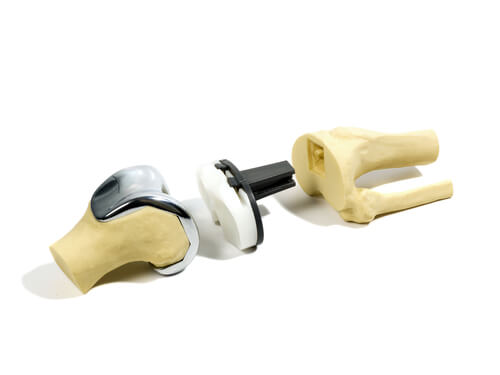Many times when a patient’s medical condition has become worse or a patient who was expected to recover has died, the problem turns out to be a defective medical device used in their treatment.
In the United States, medical devices are approved for use by the Food and Drug Administration (FDA). But the FDA works to expedite approval through a program known as “premarket notification,” or “510(k) clearance.” This allows a manufacturer to claim their product is “substantially equivalent” to a “predicate device,” or a product already on the market, and thereby skirt providing full documentation of its safety and effectiveness.
In short, the FDA may assume a new medical device is as safe and effective as a device the FDA has previously approved if the manufacturer says it is. A study by the Institute of Medicine determined that “510(k) clearance does not determine a device to be safe or effective.”
Further, “reliance on substantial equivalence cannot assure that devices reaching the market are safe and effective … . The majority of the devices used as the basis for comparison were never reviewed for safety or effectiveness.”
That IOM study recommended replacing the 510(k) clearance process for medical devices, but this has not occurred. And that is why the legal system provides a means of recourse when a medical device proves to be unsafe.
Stern Law can help you avail yourself of the legal protections the law provides if you have been injured because of a faulty medical device.
Answers To Your Questions About Product Liability Cases
Product Liability
A product liability lawsuit is a case that is filed against a manufacturer of a device or product that causes property damage and/or injuries to its users. Essentially, it allows victims to seek compensation for (i) all physical injuries and property damages sustained as a result of a defective and unreasonably dangerous products and (ii) the failure of the seller or manufacturer to warn consumers about the inherent risks associated with the use of their products.
Generally, there are three alternative types of legal claims that are brought in product liability lawsuits. These are (i) strict liability; (ii) negligence; and (iii) breach of warranty. Depending upon the specific set of circumstances, all three claims may be raised against a product manufacturer in a single lawsuit.
Strict liability is a legal theory that holds individuals or corporations accountable for physical injuries and/or property damage that occur as a result of the defective products that they create or sell. The defects may be present in the product’s packaging or containers, stem from its design or by virtue of the manufacturing process, or manifest as a result of the safety or use instructions associated with the specific product or device. When raising a strict liability claim, it is not necessary for the claimant to prove that the product manufacturer or seller acted negligently.
Negligence, in the context of a product liability lawsuit, is a legal theory that refers to the breach of a duty of a manufacturer to warn or make safe the products that it releases to the public. Said legal duty extends to the manufacture, assembly, use instructions and warnings about the nature of the product or device. In a negligence case, a plaintiff typically must prove that the manufacturer breached its duty of care to the public by providing unreasonably harmful products for consumer use.
A warranty is an express or implied representation to the public about the quality or fitness of a certain product. The most common warranties are that a product is fit for ordinary purposes or for the purposes in which they were specifically intended. When a manufacturer breaches a warranty, it means that their product failed to perform as expected or represented to consumers.
The specific types of damages with which a person may pursue in a products liability lawsuit depend upon the laws of the state in which they reside. Generally speaking however, a person injured as a result of a defective product may seek monetary damages for medical expenses, out-of-pocket costs, pain and suffering, loss of income, and more. It is crucial that you contact the attorneys at the Stern Law, PLLC to learn more about your legal options in this regard.
In order to prevail on a product liability claim, you must successfully prove that a manufacturer’s product specifically caused your injuries. If you fail to do so, your case will likely be dismissed on the merits. Since you generally have only one chance to pursue a lawsuit against a manufacturer for causing your injuries, it is crucial to hire an experienced product liability to represent you. Only a skilled attorney knows how to effectively handle the complexities of these types of cases in terms of proving causation and strategically dealing with opposing counsel. It is never recommended that a person simply give up or attempt to take legal matters into their own hands. Without an attorney by your side, you could end up sacrificing your rights and the ability to obtain the compensation you deserve for your injuries. Contact attorney Ken Stern at Stern Law, PLLC today to learn more about your legal options.

 As technology advances, doctors and surgeons can do more every day to help those who are ill or injured. However, sometimes the drive to profit from technological advances causes medical professionals to use defective medical devices and products, which cause harm instead of healing.
As technology advances, doctors and surgeons can do more every day to help those who are ill or injured. However, sometimes the drive to profit from technological advances causes medical professionals to use defective medical devices and products, which cause harm instead of healing.















